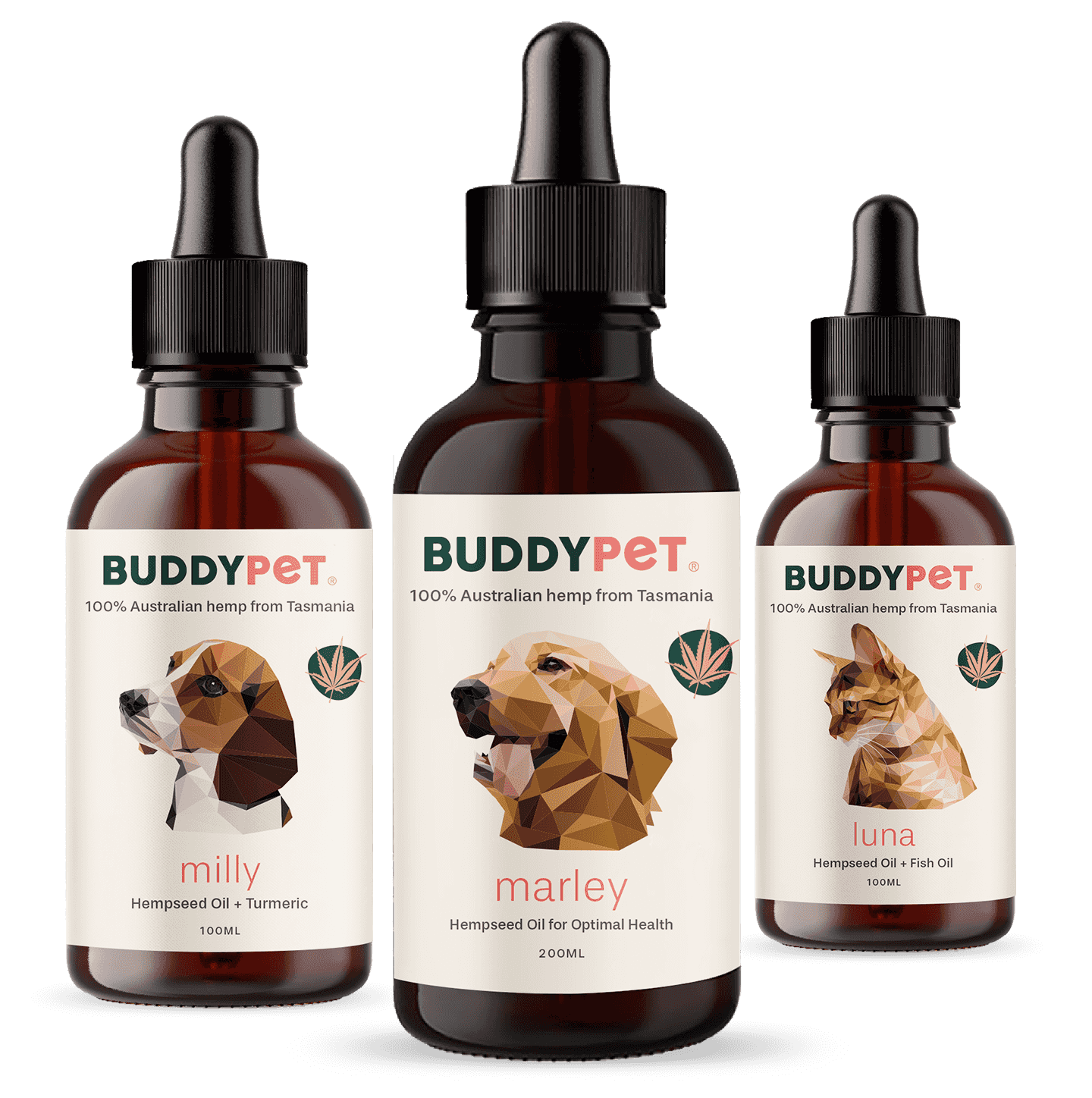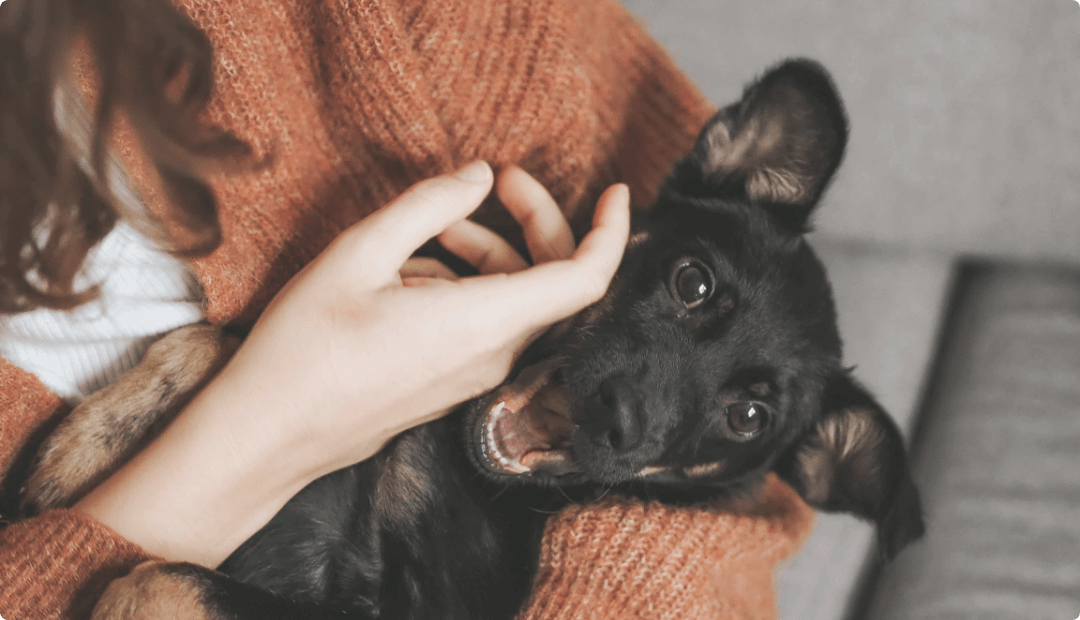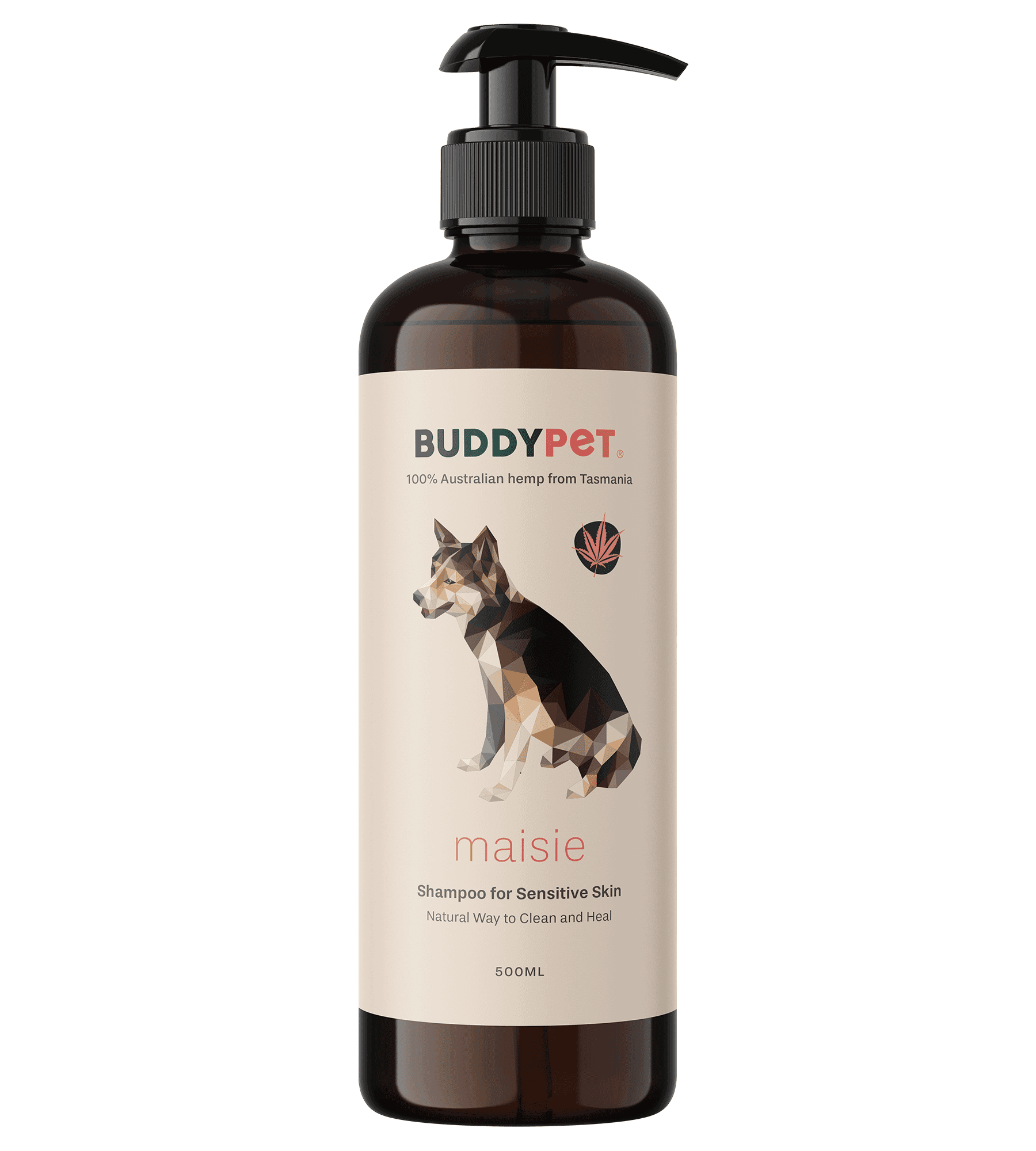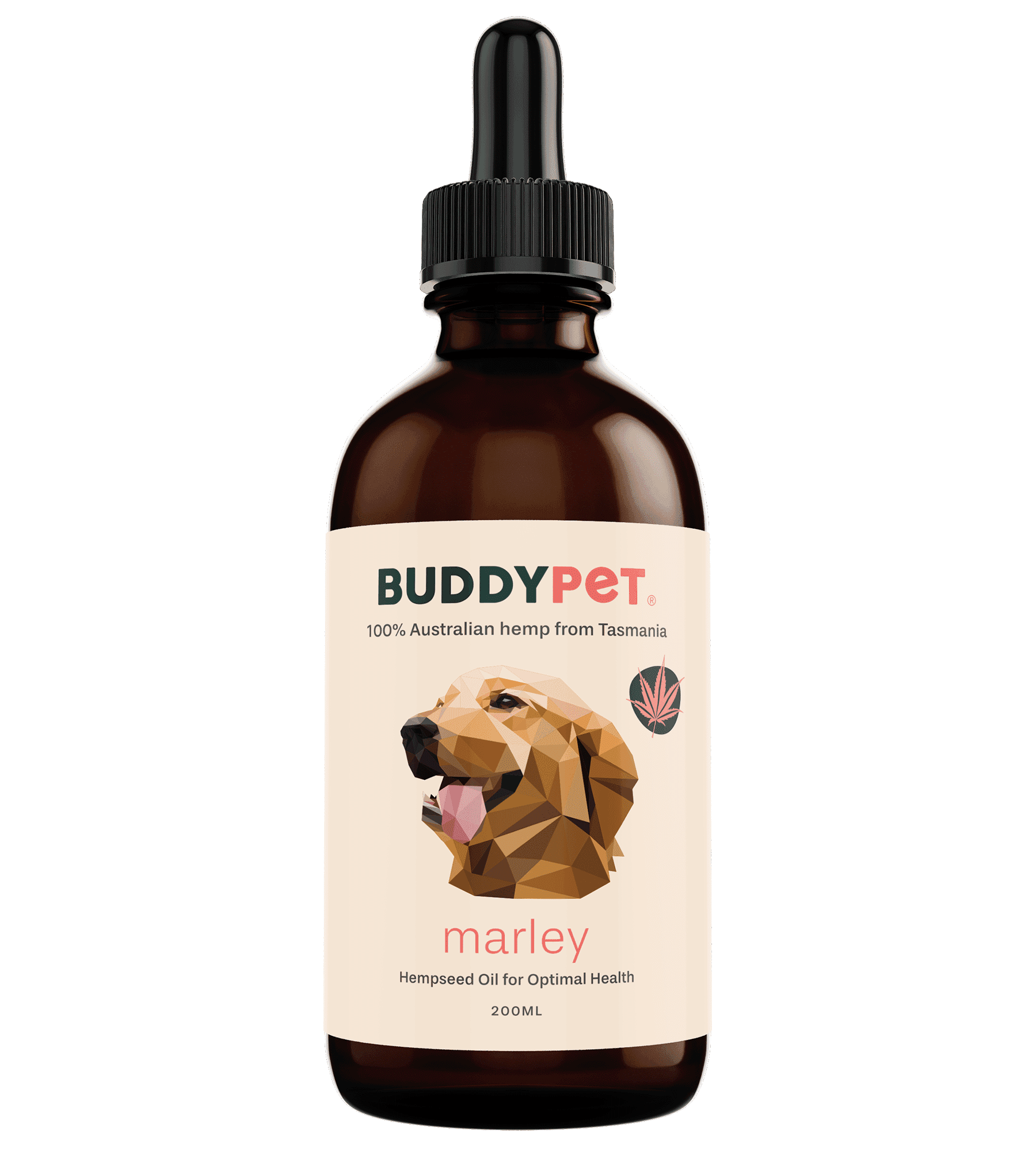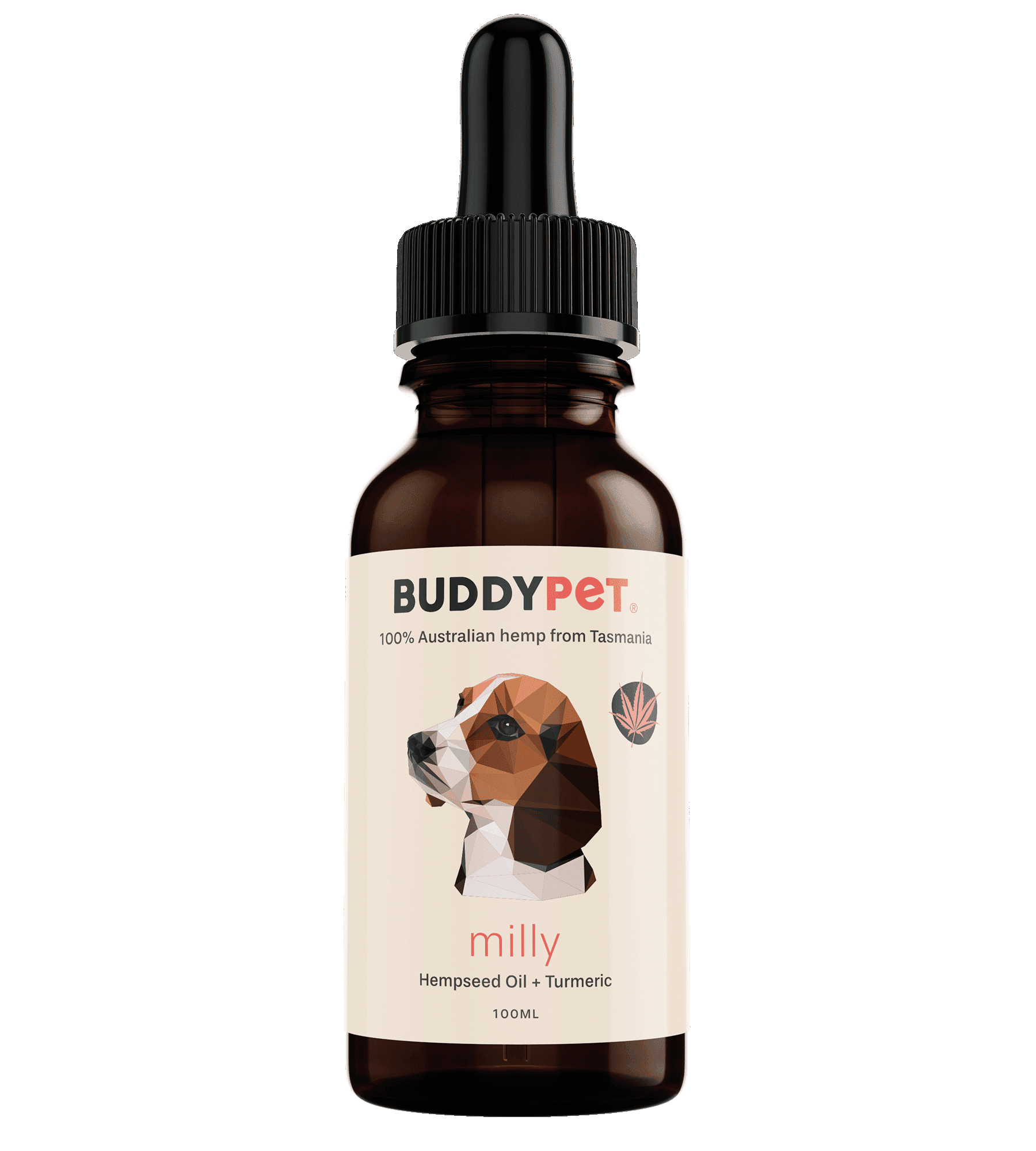As our feline friends enter their golden years, their digestive system can sometimes hit a few speed bumps, and constipation becomes an increasingly common concern. Imagine your senior cat struggling to do their business, feeling uncomfortable and out of sorts. It's no fun for them (or for you when it's litter box cleaning time!).
Constipation in senior cats is more than just an inconvenience – it's a serious issue that can lead to discomfort, loss of appetite, and even more severe health problems if left untreated. But fear not, pet parents! We're here to help you navigate this not-so-glamorous topic and ensure your beloved furry companion maintains their quality of life and their sense of humor (well, maybe not the latter, but you get the idea).
According to the experts in white coats, constipation affects a significant portion of the senior cat population, making it a widespread issue that every responsible pet owner should be aware of. While various factors contribute to this problem, such as dehydration, lack of exercise, or an improper diet (no more picking from the buffet, Mr. Whiskers!), addressing it promptly is essential for our feline friends' well-being.
One top solution that has gained popularity among cat owners is Luna - for Health Support in Senior Cats. This innovative supplement not only helps maintain a healthy digestive system but also provides a range of additional benefits tailored specifically for our aging feline companions.
It's like a one-stop-shop for senior cat wellness! In the following sections, we'll explore the causes of constipation, its symptoms (because let's face it, we all need to be poop detectives sometimes), and effective remedies, including the remarkable advantages of Luna - Fish Oil for Health Support in Senior Cats.
So, grab a cozy spot, a cup of catnip tea, and let's dive in!
Understanding Constipation in Senior Cats
Definition of Constipation in Cats
Constipation in cats is essentially a condition where your furry companion experiences difficulty passing stools or has infrequent bowel movements. It's like hitting a roadblock on the feline digestive highway, causing discomfort and frustration for our whiskered pals.
Common Symptoms and Signs to Look Out For
Now, as pet parents, it's crucial to be on the lookout for the telltale signs that your senior cat might be dealing with constipation. Think of yourself as a poop detective, because let's face it, we all have to embrace our inner sleuth when it comes to our pets' bathroom habits.
Difficulty Defecating
One of the most obvious symptoms is difficulty defecating. You might notice your cat straining excessively in the litter box, digging and circling endlessly, but with little to no success. It's like they're trying to solve a complicated puzzle, but the pieces just won't fit together.
Straining in the Litter Box
Speaking of puzzles, another clue to watch out for is hard, dry stools. These little nuggets of discomfort can be a real pain (literally) for your cat to pass. Imagine trying to squeeze a rock through a small opening – not exactly a walk in the park, is it?
Reduced Appetite and Lethargy
But that's not all! Constipation can also manifest in more subtle ways, like a reduced appetite and lethargy. Your once-ravenous feline might start turning up their nose at their favorite treats, or they might spend more time napping than usual (and we all know how much cats love their nap time!).
If you spot any of these signs, it's time to put on your detective hat and investigate further. Constipation in senior cats is no laughing matter, and addressing it promptly can help alleviate discomfort and prevent more serious health issues from arising.

Causes of Constipation in Senior Cats
Now that we've covered the signs and symptoms of constipation in our senior feline friends, it's time to investigate the culprits behind this not-so-pleasant condition. Brace yourselves, pet parents, because there's a whole lineup of potential suspects to consider!
Dehydration
One of the most common causes of constipation in cats is dehydration. Just like humans, our feline companions need to stay hydrated to keep their digestive systems running smoothly. When they don't get enough fluids, things can get a little backed up, if you know what I mean.
Lack of Exercise
Couch potato cats, beware! A sedentary lifestyle can lead to a sluggish digestive system, and that's a recipe for constipation. Our senior kitties need to stay active (within reason, of course) to keep things moving along.
Hairballs
Oh, the joys of shedding season! Excessive grooming and hairball formation can be a hairy situation (pun intended) for our feline friends. Those furry little clumps can sometimes cause blockages and lead to constipation.
Underlying Medical Conditions
Like humans, cats can also experience constipation due to underlying medical conditions. Kidney disease, hyperthyroidism, and even neurological disorders can all contribute to this uncomfortable issue. It's essential to work closely with your veterinarian to rule out any potential health concerns.
Obstructions
Sometimes, constipation can be caused by physical obstructions in the digestive tract. Foreign bodies (like that fuzzy toy your cat decided to snack on) or tumors can create blockages, making it difficult for your feline friend to pass stools.
Orthopedic Issues
As our cats age, they may develop orthopedic problems like arthritis, which can make it challenging for them to access and use the litter box comfortably. This can lead to constipation or even inappropriate elimination outside the litter box (which nobody wants!).
Phew, that's quite a lineup of potential culprits! But fear not, pet parents – understanding the causes is the first step towards finding the right solution for your constipated senior cat. Stay vigilant, and don't hesitate to consult your veterinarian if you suspect any of these issues might be at play.

Preventive Measures
They say an ounce of prevention is worth a pound of cure, and that's especially true when it comes to keeping our senior feline friends regular. Let's explore some simple yet effective preventive measures to help avoid those dreaded constipation woes.
Ensuring Adequate Hydration
Water is the elixir of life, even for our whiskered companions. Ensuring that your senior cat stays well-hydrated is crucial for maintaining a healthy digestive system and preventing constipation. Keep those water bowls topped up with fresh, clean water at all times, and consider introducing wet food to their diet – it's a purr-fect way to increase their fluid intake.
But why stop there? Invest in a pet water fountain! These nifty devices not only encourage your cat to drink more water (because running water is just so darn irresistible to them), but they also provide a constant supply of fresh, oxygenated water. It's like a spa day for your cat's hydration needs!
Regular Exercise and Activity
A sedentary lifestyle is a surefire way to invite constipation into your senior cat's life. Just like humans, our feline friends need to stay active to keep their digestive systems moving along smoothly. Encourage play and physical movement by engaging them with interactive toys, like feather wands or laser pointers. Not only will it help prevent constipation, but it'll also keep their minds sharp and their bodies in tip-top shape.
Don't forget to set aside dedicated playtime each day – it's a win-win for both you and your furry companion! Plus, who doesn't love watching their cat chase after a catnip-filled toy or try to catch that elusive laser beam?
Dietary Adjustments
What your senior cat eats can significantly impact their digestive health. Introducing a high-fiber diet can work wonders in preventing constipation. Fiber acts like a natural laxative, helping to bulk up and soften stools for easier passage.
If your cat is primarily on a dry kibble diet, consider gradually transitioning them to wet food. The added moisture content in wet food can help keep things moving smoothly through their digestive tract. Just remember to make any dietary changes slowly and under the guidance of your veterinarian to avoid any tummy troubles.
By implementing these preventive measures, you'll be giving your senior cat the best possible chance at avoiding the discomfort and potential health risks associated with constipation. Remember, an ounce of prevention is worth a pound of cure – and a lifetime of purr-fect litter box visits!
Home Remedies for Cat Constipation
When it comes to dealing with our feline friends' digestive woes, sometimes a little home remedy can work wonders. Before reaching for the heavy-duty medication, why not explore some natural solutions that may just do the trick? But remember, always consult with your trusty veterinarian first, especially for our senior cats, to ensure these remedies are safe and appropriate.
Increasing Fiber Intake
Fiber is like a little miracle worker when it comes to constipation relief. It adds bulk to your cat's stools, making them easier to pass, and it also helps to keep things moving along smoothly. One simple way to up the fiber intake is by adding a spoonful of canned pumpkin (not the pie filling, just plain ol' pumpkin puree) to your cat's food. It's like a tasty, orange treat for their digestive system!
Another fiber-rich option is psyllium husk. This soluble fiber can be sprinkled over your cat's wet or dry food, or even mixed into a bit of water or low-sodium broth. Just be sure to introduce it slowly and gradually, as too much fiber too quickly can cause more tummy troubles.
Adding Natural Laxatives
Sometimes, a little extra lubrication is needed to get things moving again. That's where natural laxatives like olive oil or coconut oil come into play. These healthy fats can help to soften those stubborn stools, making them easier to pass.
But a word of caution – always check with your vet first before adding any oils to your cat's diet, and be sure to start with small amounts. Too much oil can lead to unwanted side effects like diarrhea or greasy stools (not exactly what we're going for here).
Ensuring a Clean and Comfortable Litter Box
Believe it or not, your cat's litter box setup can play a significant role in preventing or alleviating constipation. Make sure the box is clean, as cats are notorious for their cleanliness preferences. A dirty or smelly litter box can discourage them from using it, leading to holding it in and potential constipation issues.
Additionally, pay attention to the type of litter and box design. Some cats may prefer a certain litter texture or depth, while others might find covered boxes too confining. Experiment with different options to find what works best for your furry friend.

Use of Supplements like Luna - Fish Oil for Health Support
If you're looking for an extra boost in supporting your senior cat's digestive health, consider adding a high-quality supplement like Luna - Fish Oil for Health Support to their routine. This innovative product harnesses the power of fish oil and hemp seed oil, which are known for their anti-inflammatory properties and ability to support overall digestive function.
The omega-3 fatty acids found in fish oil can help reduce inflammation in the digestive tract, while the hemp seed oil provides a source of fiber and essential fatty acids. Together, these natural ingredients can work wonders in keeping your senior cat's digestive system running smoothly and preventing issues like constipation.
Veterinary Treatments
While home remedies can be a great first line of defense against cat constipation, there may come a time when you need to call in the professionals. Our trusty veterinarians have a wealth of knowledge and tools at their disposal to help get your senior cat's digestive system back on track.
When to Seek Veterinary Care
As a general rule of thumb, if your cat's constipation persists for more than three days or is accompanied by severe symptoms like vomiting, lethargy, or obvious signs of pain, it's time to schedule an appointment with your vet. Prolonged constipation can lead to more serious complications, so it's better to be safe than sorry.
Additionally, if you've tried all the home remedies in your arsenal and your furry friend is still struggling, it's a clear sign that they need some extra help from the experts.
Veterinary Interventions
Once you've sought professional care, your veterinarian may recommend a variety of interventions to get things moving again. These may include:
Prescription Laxatives and Stool Softeners
Your vet may prescribe medication specifically designed to soften and lubricate your cat's stools, making them easier to pass. These prescription laxatives and stool softeners are often more potent and effective than over-the-counter remedies.
Enemas and Manual Removal of Feces
In more severe cases, your vet may need to perform an enema or manually remove impacted feces from your cat's rectum. While not the most pleasant experience for either party, these interventions can provide much-needed relief when home remedies and oral medications aren't cutting it.
Surgery for Severe Cases
In extreme situations, such as with megacolon (a condition where the colon becomes severely dilated and unable to function properly), your vet may recommend surgery as a last resort. This can involve removing parts of the colon or even performing a colostomy to allow for proper elimination.
While the thought of surgery can be daunting, it's important to remember that these procedures are highly specialized and performed by skilled professionals. Your cat's comfort and well-being are always the top priority.
Throughout the entire process, open communication with your veterinarian is key. Don't be afraid to ask questions, voice concerns, or discuss alternative treatment options. They're there to guide you and your furry friend through this challenging time.
Remember, seeking veterinary care doesn't mean you've failed as a pet parent – quite the opposite, in fact. It shows that you're willing to do whatever it takes to ensure your senior cat's health and happiness. With the right treatment plan and a little patience, your furry friend will be back to their regular, comfortable self in no time.
FAQ Section
What are the signs of constipation in senior cats?
Signs of constipation in senior cats include straining to defecate, producing hard and dry stools, infrequent bowel movements, lethargy, reduced appetite, and vocalizing in pain while using the litter box.
How can I increase my cat's water intake?
Increase your cat's water intake by providing fresh water in multiple locations, using pet water fountains, adding water or low-sodium chicken broth to their food, and offering wet cat food instead of dry kibble.
Is it safe to give my cat human laxatives?
No, it is not safe to give your cat human laxatives. Always consult a veterinarian before giving any medication. Human laxatives can be harmful to cats and may cause severe side effects.
What dietary changes can help prevent constipation?
Prevent constipation by incorporating more fiber into your cat's diet with high-fiber cat food or supplements like canned pumpkin. Also, ensure a balanced diet with sufficient moisture by feeding wet food and avoiding too much dry kibble.
When should I take my cat to the vet for constipation?
Take your cat to the vet if they haven't defecated in 48-72 hours, show signs of severe discomfort, or if constipation is a recurring issue. Persistent constipation can indicate underlying health problems that require professional treatment.

